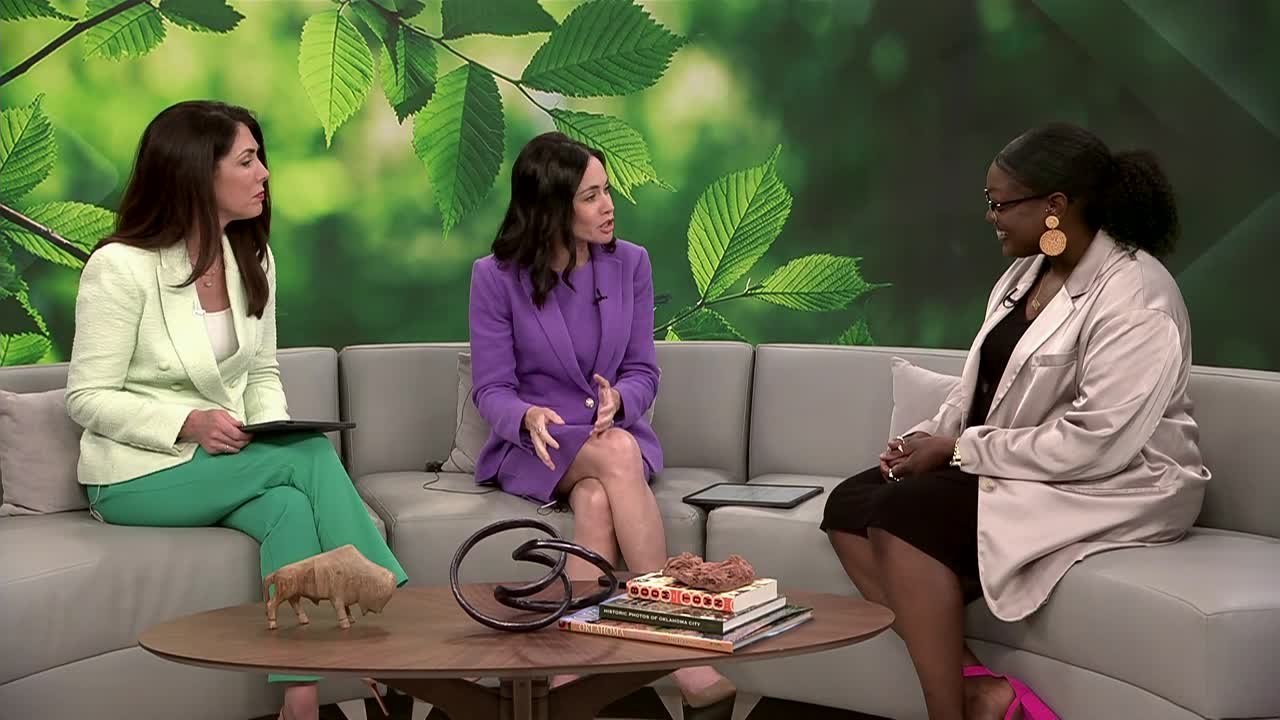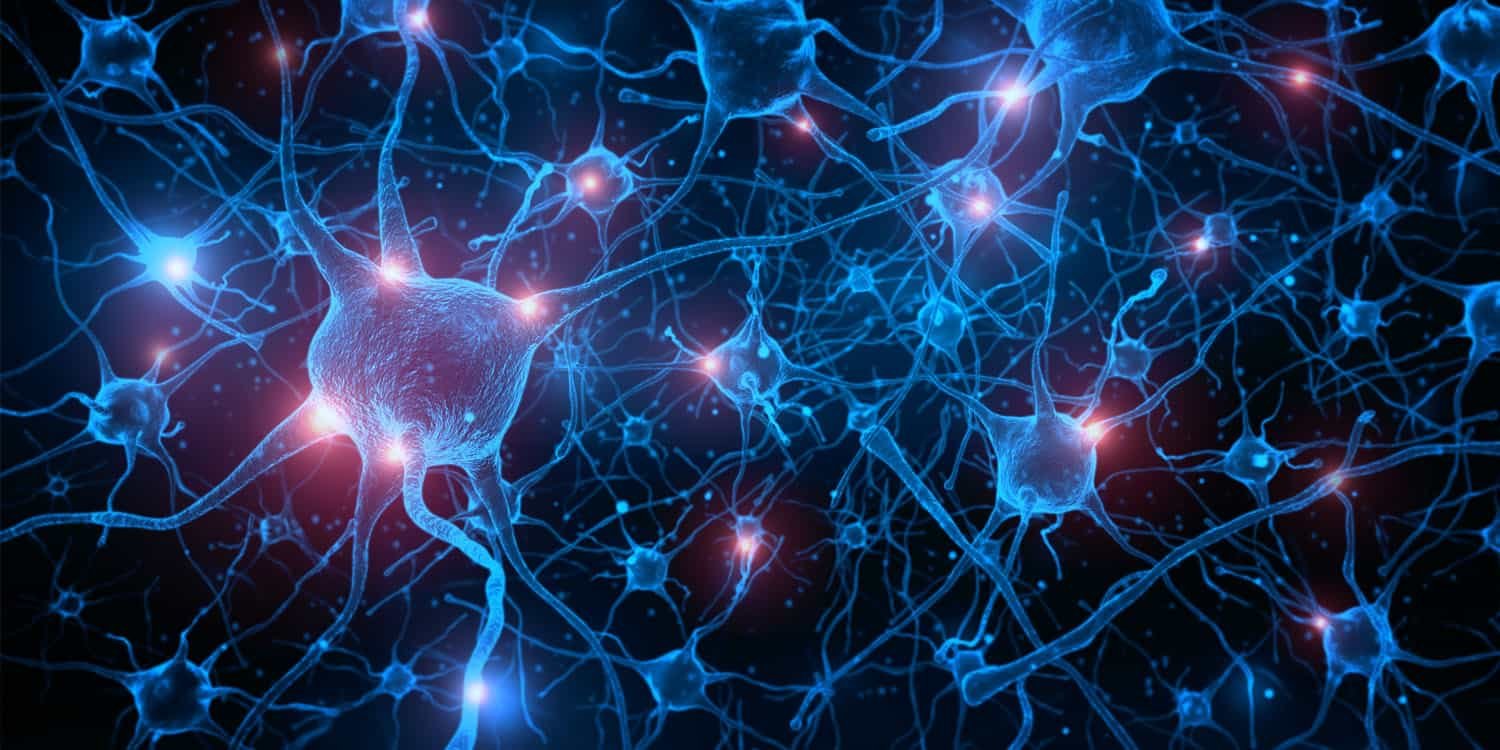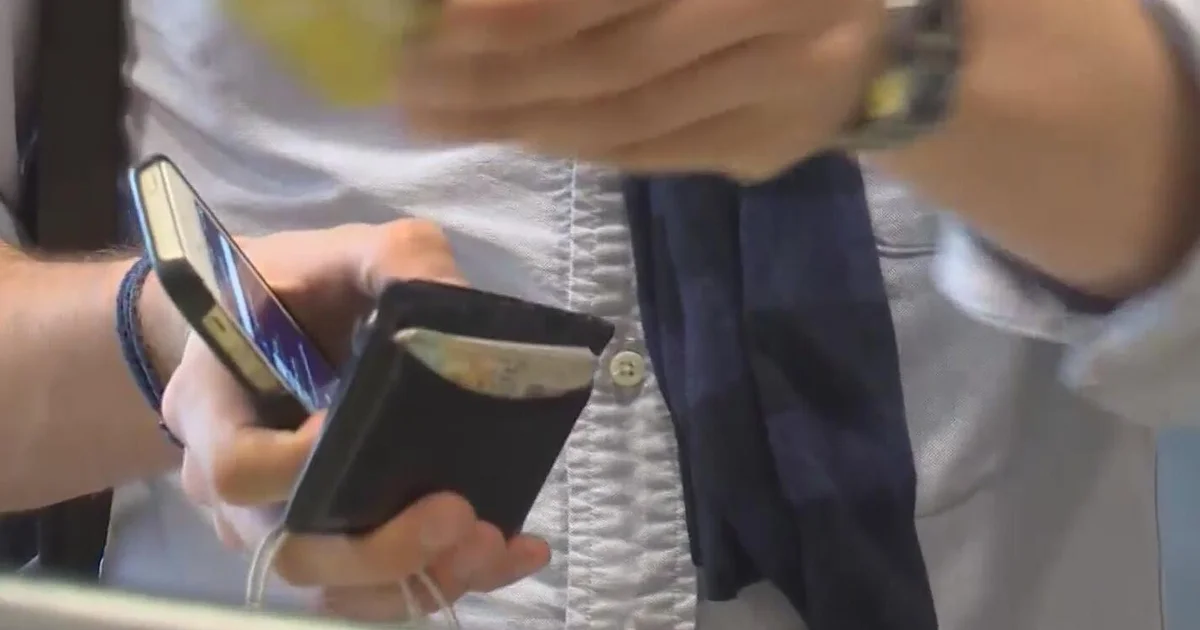As tensions escalate between India and Pakistan, health professionals urge the public to limit their exposure to news and social media surrounding the conflict. Continuous consumption of information about the conflict can lead to increased anxiety and insomnia, particularly among vulnerable groups like children and the elderly.
Dr. C. J. John, a psychiatrist based in Kochi, emphasizes that just as precautions were taken during the COVID-19 pandemic, similar measures should be adopted during times of heightened conflict. He notes that the constant barrage of news can lead to anxiety and may impair individuals’ ability to respond appropriately to the situation.
The spread of misinformation exacerbates the problem, especially for children who may not fully understand the realities of the conflict. Dr. Arun B. Nair, an associate professor of psychiatry at Thiruvananthapuram Government Medical College Hospital, explains that children may experience panic, fearing they could be directly affected. The elderly, unaccustomed to the rapid flow of information, may take news reports at face value, leading to detrimental effects on their mental health.
To mitigate these risks, family members are advised to provide constant reassurance to children and elderly relatives. Dr. Nair suggests limiting exposure to news and visuals, especially before bedtime, as late-night viewing can disrupt sleep. He advises listening to official government briefings to stay informed without becoming overwhelmed by sensationalized news.
Symptoms of anxiety related to conflict can manifest as panic attacks, including intense restlessness, breathlessness, and sweating. These episodes can last up to 15 minutes and may lead to chronic insomnia if individuals do not manage their media consumption.
Younger individuals, especially those active on social media, are particularly warned against spreading misinformation, which can further contribute to public anxiety. Dr. Nair points out that while the current conflict may be new to many young people, they are aware of global conflicts, suggesting a degree of desensitization has occurred. He urges them to avoid sharing messages that could harm societal cohesion and exacerbate tensions.
In summary, experts recommend a balanced approach to media consumption during conflicts. Limiting exposure to distressing news and focusing on reliable sources can help protect mental health, particularly for the most vulnerable populations. Families should engage in discussions to alleviate fears and promote understanding of the situation without falling prey to misinformation.



